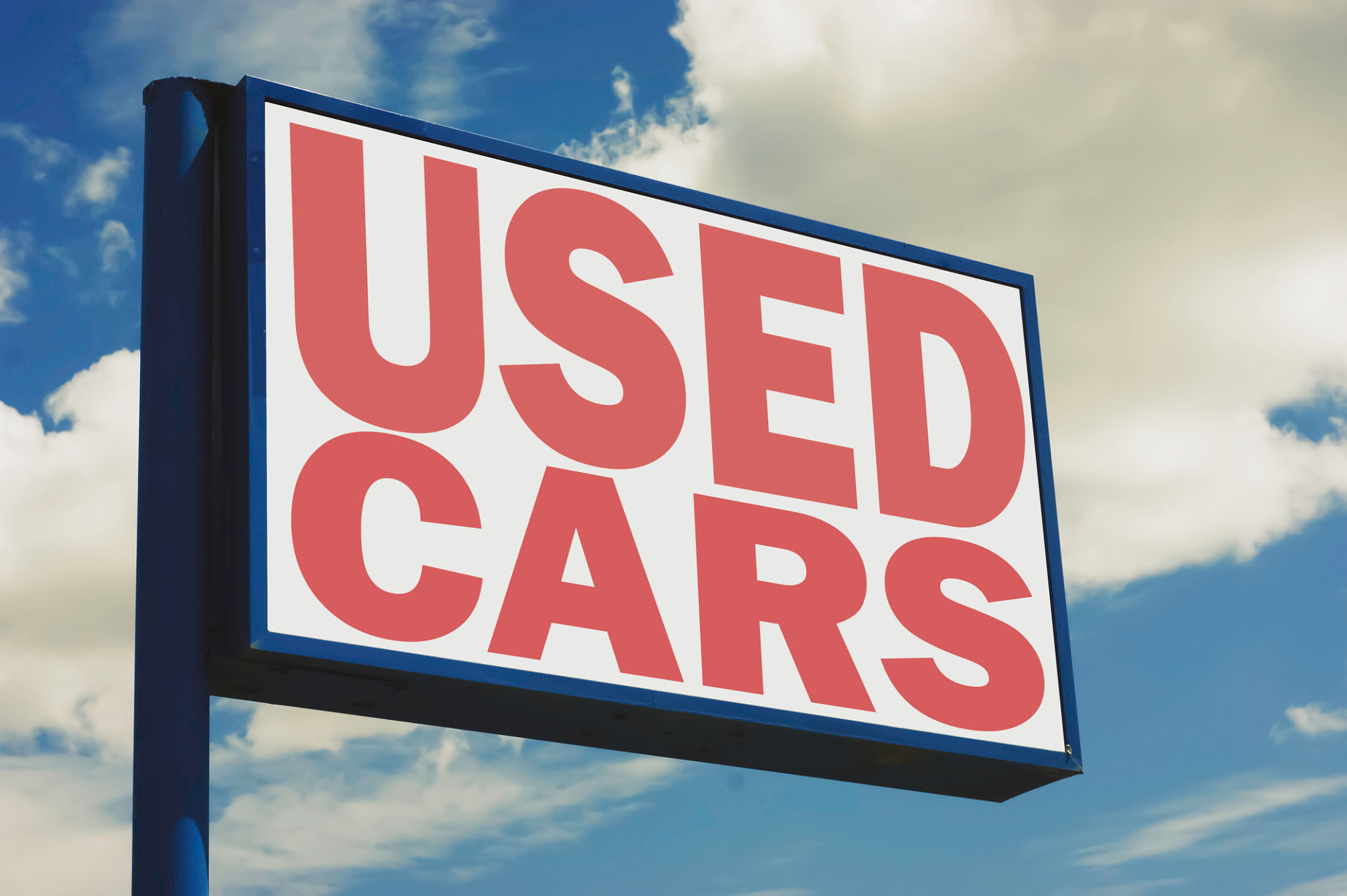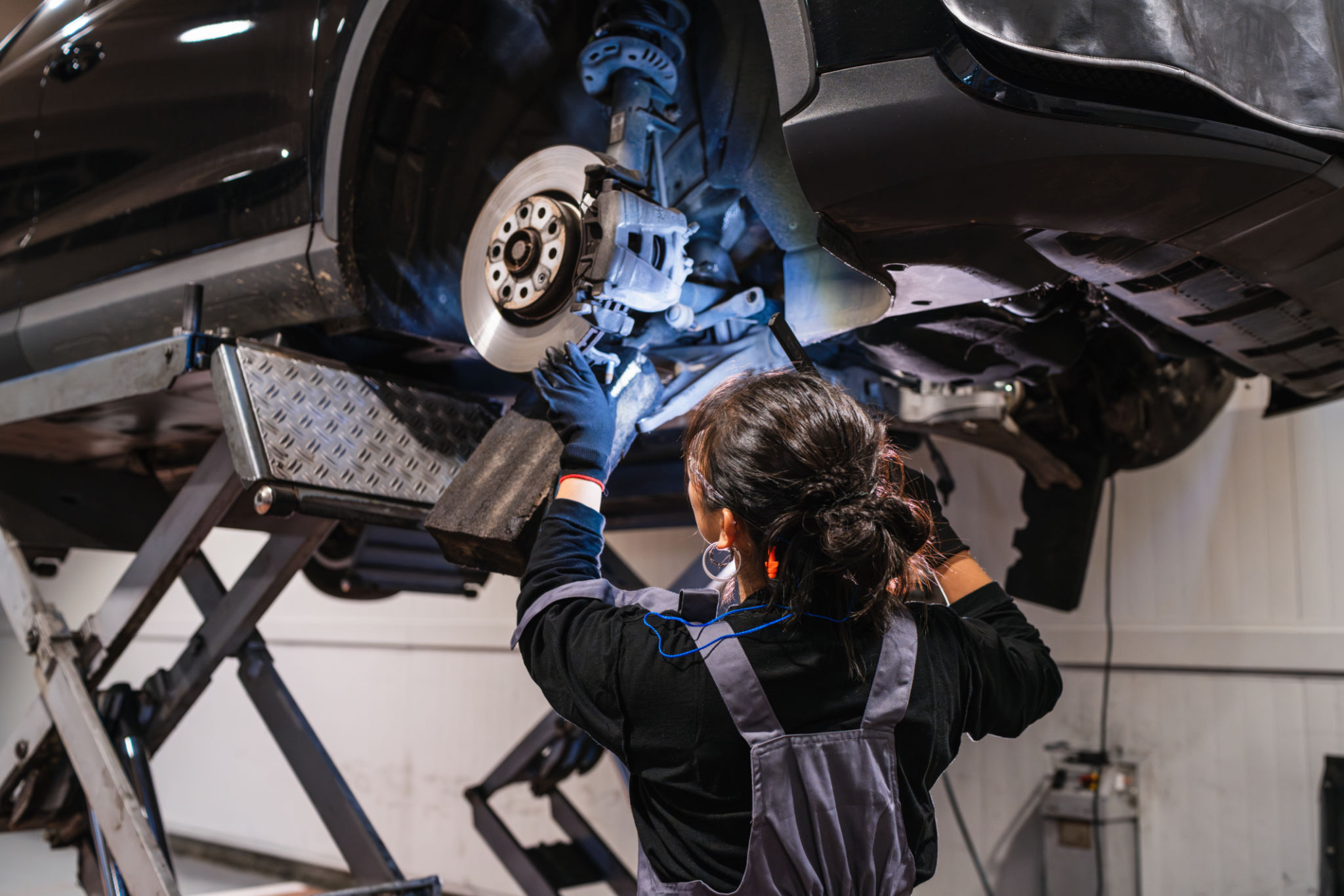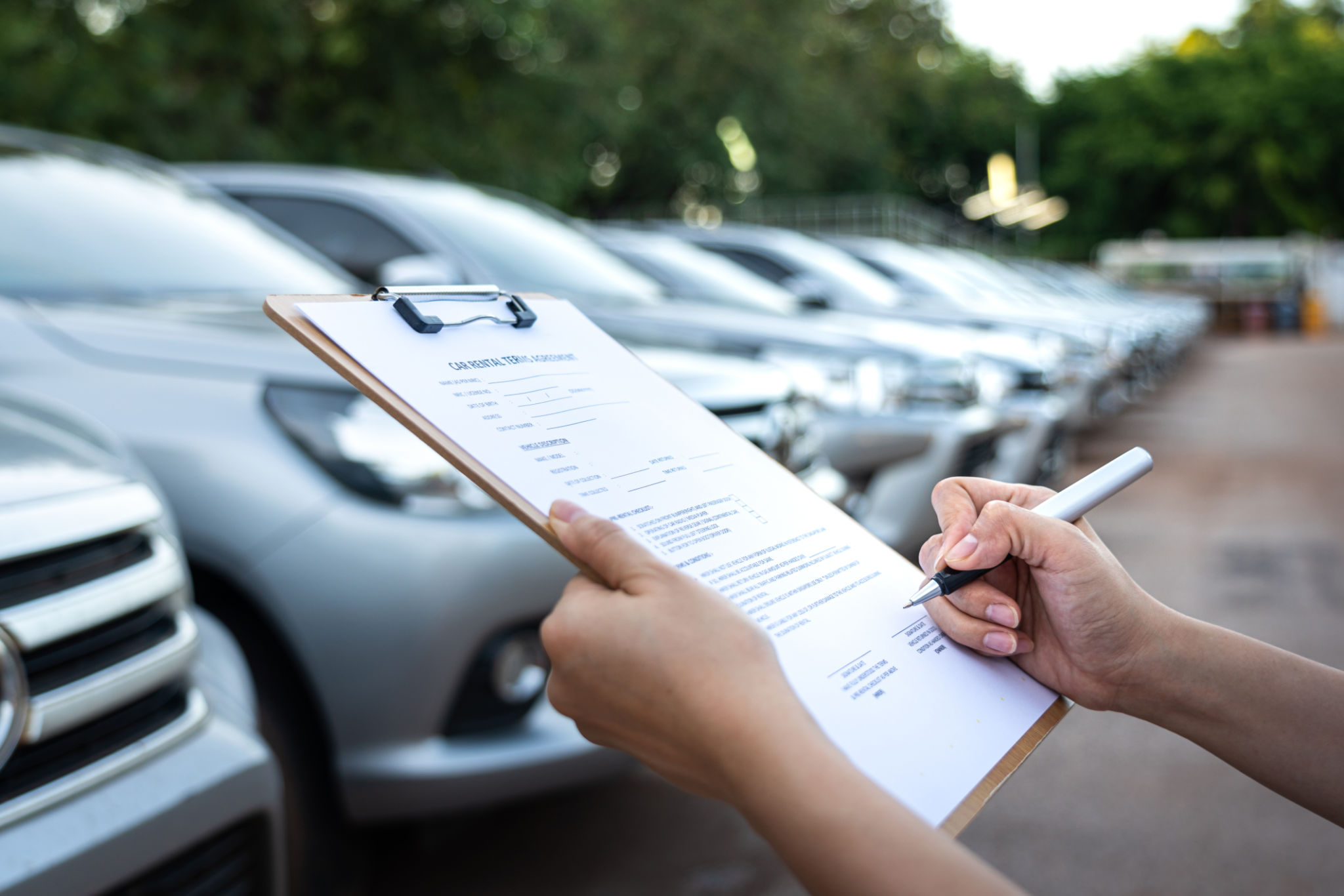What to Look for When Buying a Used Car from Autorange: Expert Tips
Understanding Your Needs
When embarking on the journey of purchasing a used car, it's crucial to first understand your specific needs. Are you looking for a family vehicle, a fuel-efficient commuter, or perhaps something sporty? Knowing your priorities will help narrow down your choices and make the selection process more efficient. Consider factors such as the size of the vehicle, fuel economy, and potential usage.

Once you have a clear idea of what you need, research various models that fit your criteria. Look into their average prices, common issues, and overall reliability. This will help you create a shortlist of potential options that meet both your needs and budget.
Setting a Budget
Before stepping into any dealership or contacting private sellers, establish a firm budget for your purchase. Take into account not only the purchase price but also additional costs such as taxes, registration, and insurance. Having a predetermined budget will prevent you from overspending and help you focus on vehicles within your price range.
Additionally, consider future expenses like maintenance and repairs. Some used cars might have a lower purchase price but could require frequent repairs, which can add up quickly. It's wise to set aside a portion of your budget for these unforeseen expenses.
Inspection and Test Drive
One of the most critical steps in buying a used car is conducting a thorough inspection. Whether you're buying from a dealership or a private seller, ensure that the vehicle is in good condition. Check for signs of rust, dents, and other exterior damage. Inside, examine the upholstery, dashboard, and electronic components.

Don't skip the test drive. This is your opportunity to feel the car's performance firsthand. Pay attention to how it handles different road conditions and listen for any unusual noises from the engine or suspension. A test drive can reveal issues that aren't apparent during a visual inspection.
Reviewing Vehicle History
Always request a detailed vehicle history report before finalizing your purchase. This report provides valuable information about past ownership, accident history, and any reported maintenance. A clean history report can indicate that the car has been well-maintained, while a report with numerous incidents might be a red flag.
Look out for signs of odometer tampering or undisclosed accidents. These issues can significantly affect the car's value and reliability. If possible, get a trusted mechanic to review the history report and provide an expert opinion.

Negotiating the Deal
Once you're satisfied with the condition and history of the car, it's time to negotiate the price. Be prepared with data on similar models and their market value to support your offer. Don't be afraid to walk away if the seller isn't willing to negotiate to a fair price within your budget.
If purchasing from a dealership, inquire about any warranties or return policies they might offer. These can provide added peace of mind in case you encounter issues after driving off the lot.
Finalizing Your Purchase
Once you've agreed on a price, ensure all necessary paperwork is completed accurately. This includes the bill of sale, title transfer, and any loan documents if applicable. Double-check that all details are correct to avoid future complications.
Finally, arrange for insurance coverage before driving your new-to-you car home. Having insurance in place is crucial to protect yourself and comply with legal requirements.
By following these expert tips from Autorange, you'll be well-equipped to find a reliable used car that suits your needs and budget. Happy car hunting!